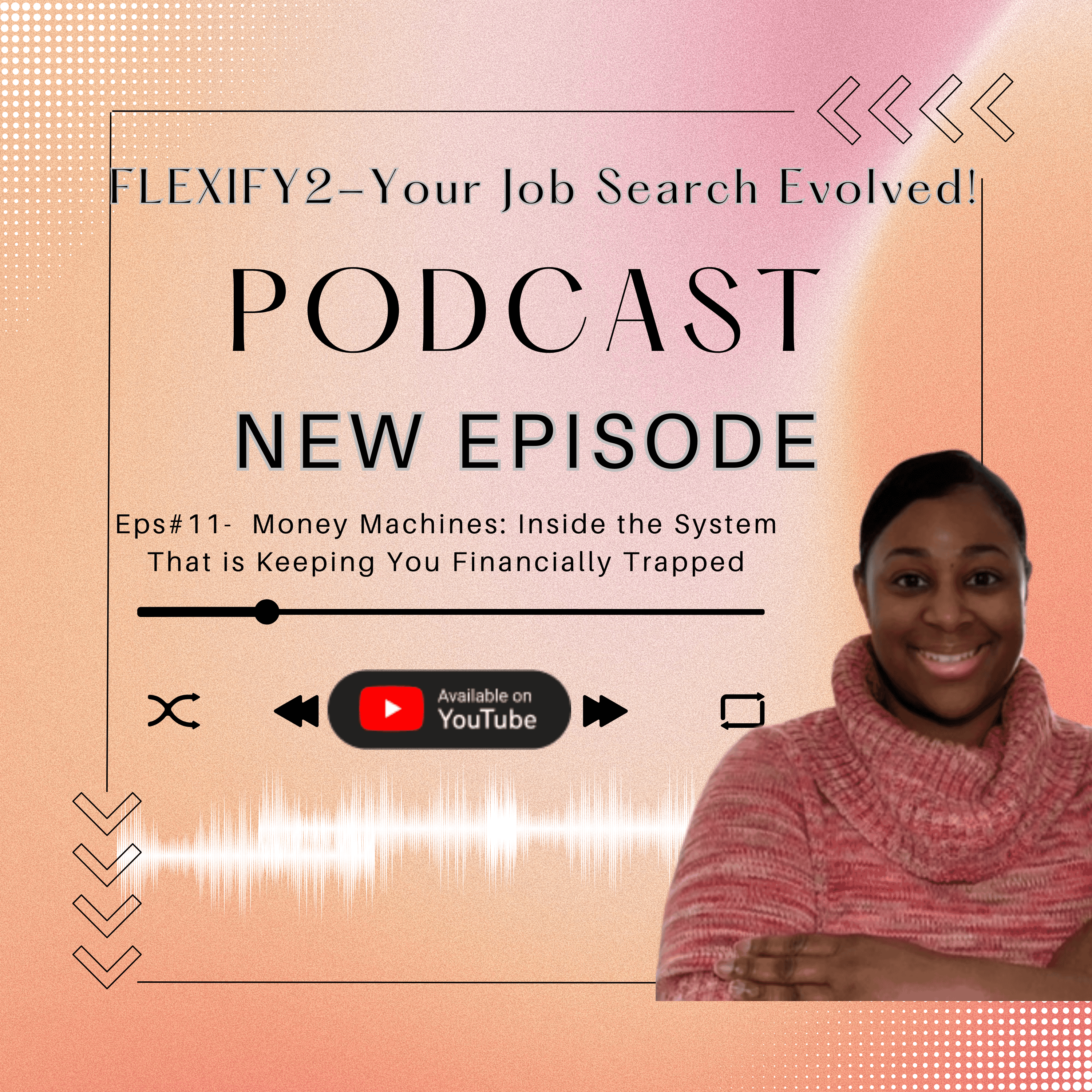Money Machines: Inside the System That is Keeping You Financially Trapped
- Author
- T. Smith
- Published
- Sat 15 Mar 2025
- Episode Link
- https://rss.com/podcasts/the-2025-economy-job-market-your-january-outlook/1941729
Episode Overview: A deep dive into how financial systems really work, challenging conventional wisdom about retirement accounts, savings, and banking practices.
Key Topics Covered:
Banking Reality Check:
- How banks use customer deposits for lending
- Real profit margins: Banks charge 7-8% on loans while paying 0.1-3% on deposits
- Truth behind "high-yield" savings accounts
- Warning: Interest rates likely to drop when Fed cuts rates (current rate: 5.25-5.50%)
High-Yield Savings Account Truth:
- Banks' strategy: Using customer money to buy T-Bills
- Rate fluctuation warning: Current high rates (3-5%) may drop to 0.5-1% when Fed cuts rates
- Impact on savers who depend on interest income
401(k) Reality:
- Debunking the "free money" myth of employer matching
- Hidden drawbacks: • Limited investment options • 1-2% hidden annual fees • Restricted trading • Average returns: 5-7% • Designed for employee retention
Better Alternatives Discussed:
- Brokerage Accounts: • Complete financial flexibility • No contribution limits • Potential returns: 8-12% • Withdraw anytime without penalties
- Roth IRA Benefits: • Tax-free growth • $7,000 annual contribution limit (2024) • More investment flexibility • Potential returns: 7-10% • Tax-free retirement withdrawals
- Rollover IRA Advantages: • Transfer 401(k) funds without tax penalties • Complete investment control • Escape employer plan restrictions • Account consolidation options • Flexibility to roll into new employer plans
Action Items for Listeners:
- Review 401(k) statements and calculate real returns
- Compare current returns against Roth IRA potential
- Secure employer 401(k) match
- Maximize Roth IRA contributions
- Consider brokerage account for additional investments
- Search for forgotten 401(k) accounts
- Verify beneficiary designations on all investment accounts
Key Takeaway: Financial systems are intentionally complicated - understanding how they really work is crucial for making informed decisions about your money.
Disclaimer- I am not a financial advisor and you must do your own research. Any information in this Podcast is not telling you what to do.
